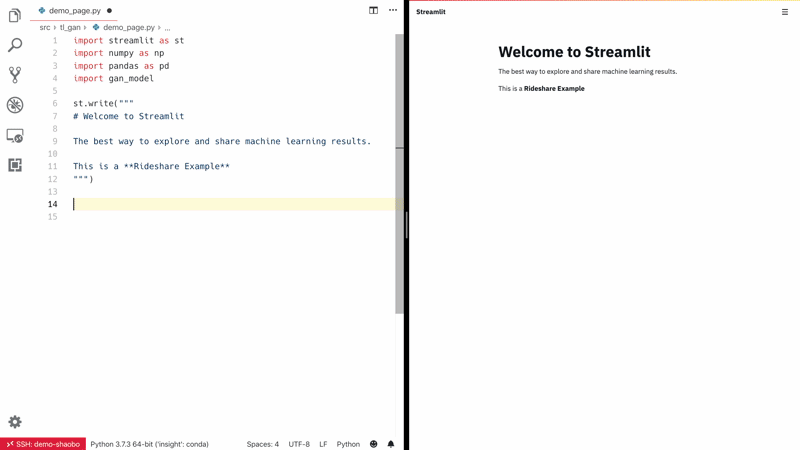Bisq, the decentralized Bitcoin exchange
Chris Beams joins the show to talk about Bisq, the P2P decentralized Bitcoin exchange and open-source desktop application that allows you to buy and sell bitcoins in exchange for national currencies, or alternative crypto currencies. We get some background on the issues faced by crypto exchanges like CoinBase, and the now defunkt Mt. Gox. We discuss whether or not Bitcoin is a censorship resistant payment system and what it means to have anonymous transaction currency options. Bisq also has an interesting white paper about its own DAO (Decentralized Autonomous Organization) to support its contributors and we discuss that in detail at the end of the episode.
Matched from the episode's transcript 👇
Chris Beams: Yeah, so I’ll talk about “centralized” exchanges in just a second, like you talk about, but just to get first to principles - you’re asking “Why did we create it the way that we did?” and it’s because it’s really modeled after Bitcoin itself. We wanted to build the exchange that the Bitcoin network needed in our minds. What does that mean?
Well, Bitcoin itself is this remarkably censorship-resistant network; it’s really designed as such. It’s global, it’s at this point by all accounts unstoppable, right? It’s definitely powered through different governments and different agencies, considering ways to take it down or attack it, and so on. We’ll probably see lots and lots more of that over the years to come, but for essentially zero downtime on the networks, and January 2009 the Bitcoin blockchain has just been running along more or less smoothly, right?
[08:08] We thought that that’s exactly the kind of exchange that we wanted to build - something that’s just as permissionless, privacy-respecting, and indeed censorship-resistant as Bitcoin itself. What we’ve seen emerge since Bitcoin essentially first got a price, around 2010 – the network was running for many months before anybody ever actually exchanged Bitcoin for value, and pretty much the moment that began, the first exchanges started popping up, and if people know anything about this space, they probably know at least the headlines that they read in 2013 about the Mt. Gox exchange, which was responsible for something on the order of 700 million dollars worth of Bitcoin being stolen. Of course, the reason that that was possible, for Bitcoin to be stolen, is because when you’re dealing with a centralized exchange - meaning, by the way, a website, right? Fundamentally a web app, where three parties are involved - the person who wants to sell, the person who wants to buy, and the exchange itself. When things are designed that way, the exchange has to have custodial control over the user’s Bitcoin for at least some period of time. And typically, just for reasons of convenience, people would keep their Bitcoin on the exchange for much longer than just the moment that was necessary to match a trade and then cash out.
When Mt. Gox was hacked back then in 2013, something like the tune of 700 million dollars worth of Bitcoin were under the control of Mt. Gox, and that fundamentally means the private keys that were capable of spending that Bitcoin were in the control of Mt. Gox.
That’s basically a great, big honey pot. It’s like, there’s 700 million reasons that an exchange like Mt. Gox would get hacked, and it’s utterly predictable that the beatings will continue if this sort of architecture doesn’t change. And of course, that’s exactly what happened. Over the years, there’s been an almost predictable pace of exchanged getting hacked, and various amounts getting stolen and so on. It’s just the nature of the beast. When there’s enough value in a given system or location that can be hacked, it probably will be hacked. So that’s always been our motivation - that’s the security side of Bisq, it’s the security of users’ funds; we wanna make sure that people can actually fulfill the promise of Bitcoin, which is… You know, people sometimes say “Be your own bank”, that you can actually keep custodial control of your own private keys, your own Bitcoin, and you can have as much security as you can manage.
Assuming you have well put-together operational security practices, you’re using things like hardware wallets, or air gapped computers, or whatever it is that you deem appropriate to secure however many Bitcoin it is that you have, you have that full control, you have that full capability. The Bisq application never maintains control, it never has the opportunity to steal your funds, because it never holds your funds; it’s just between you and your counterparty, essentially.






